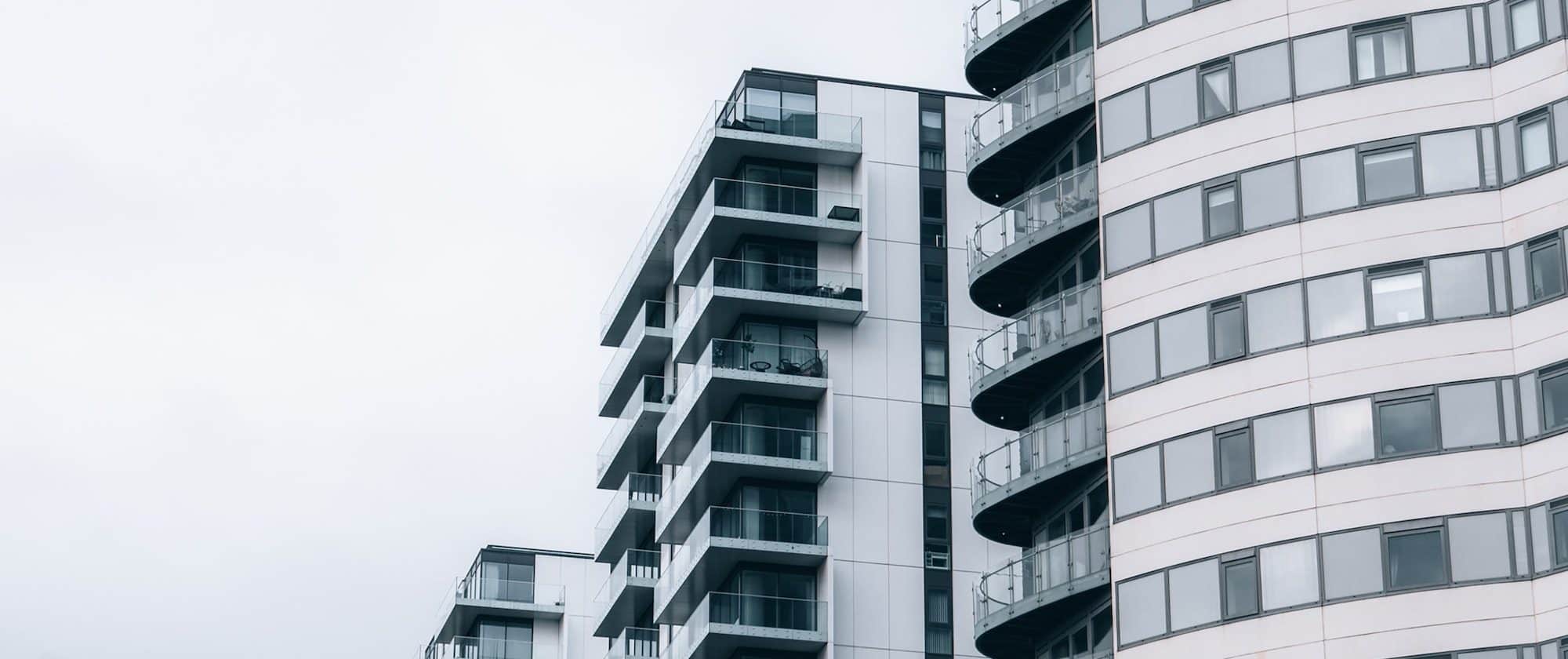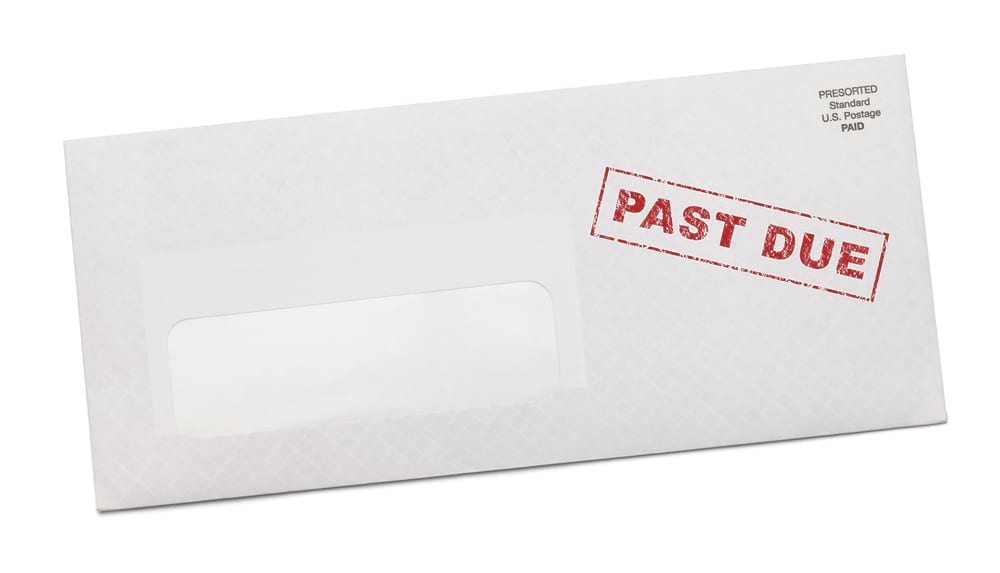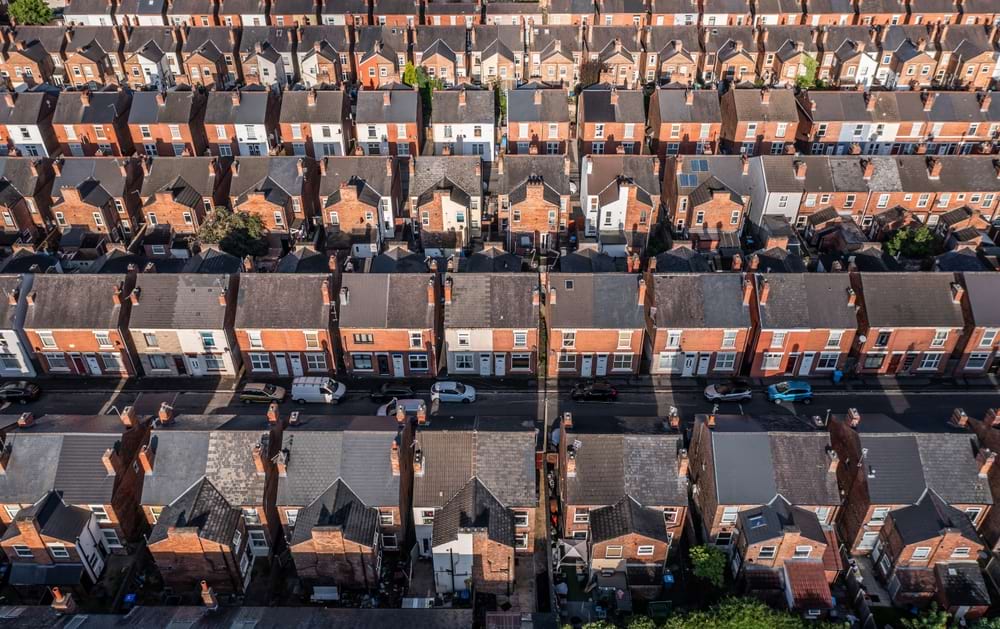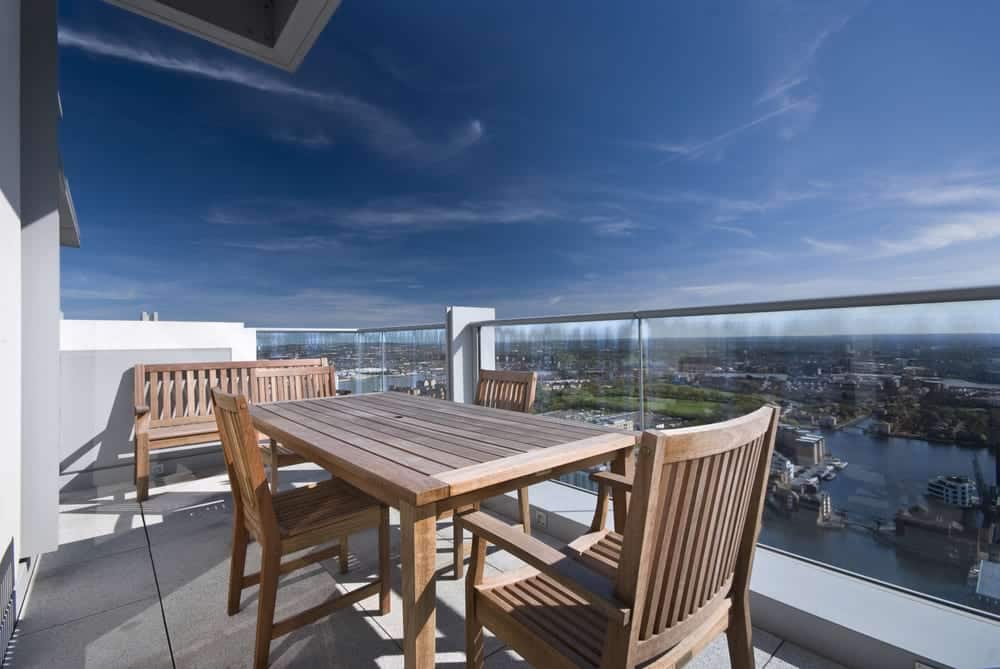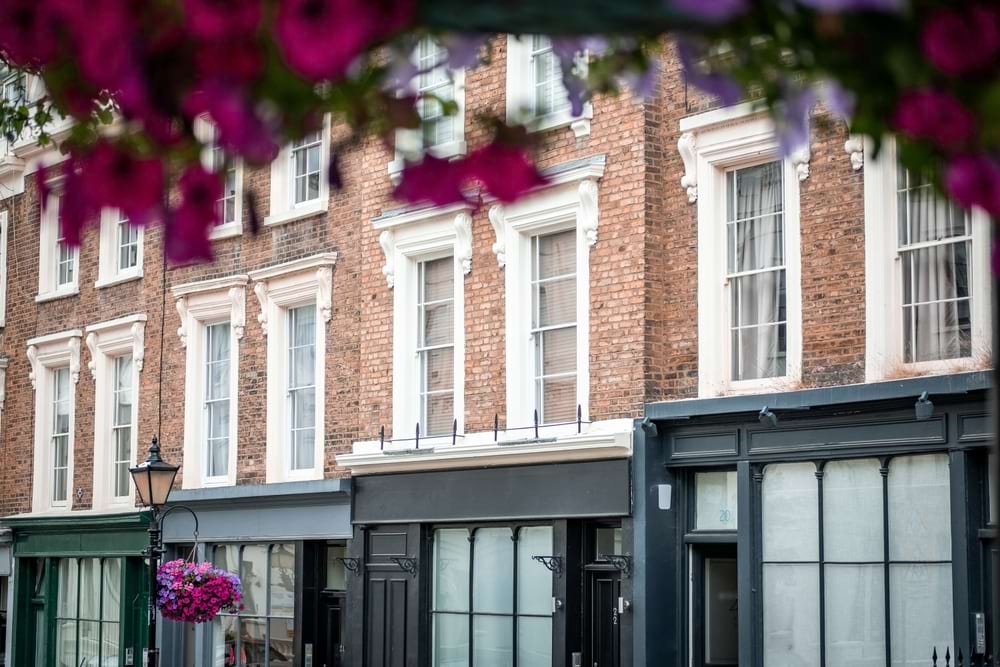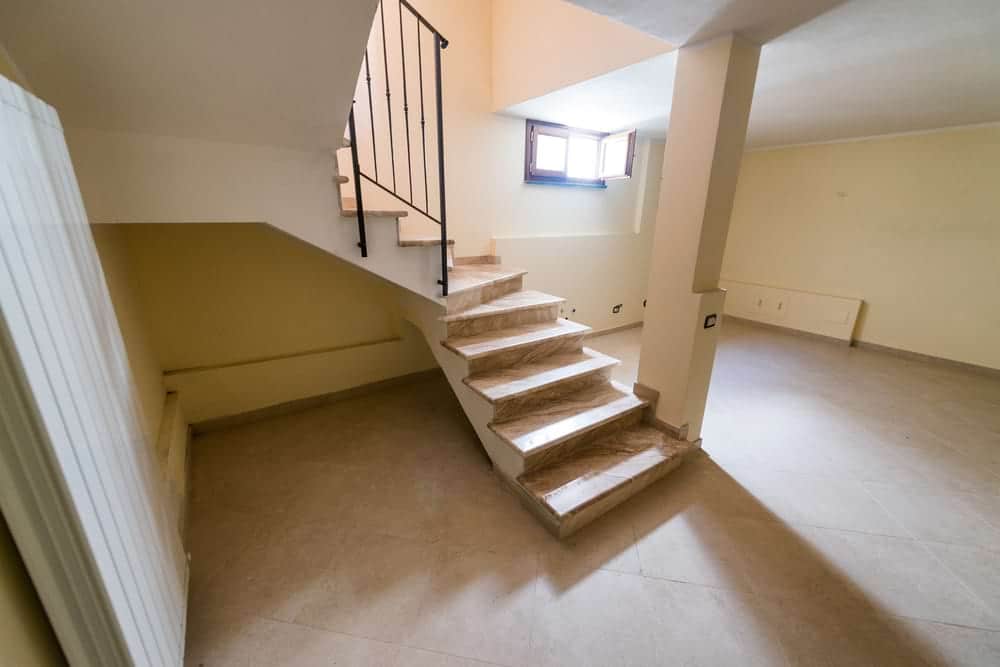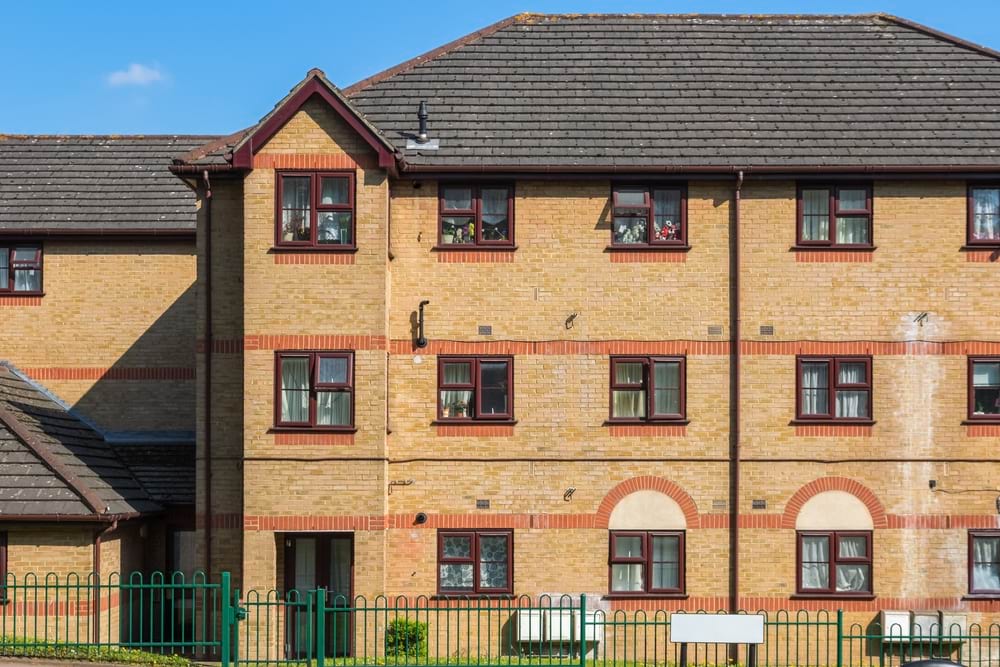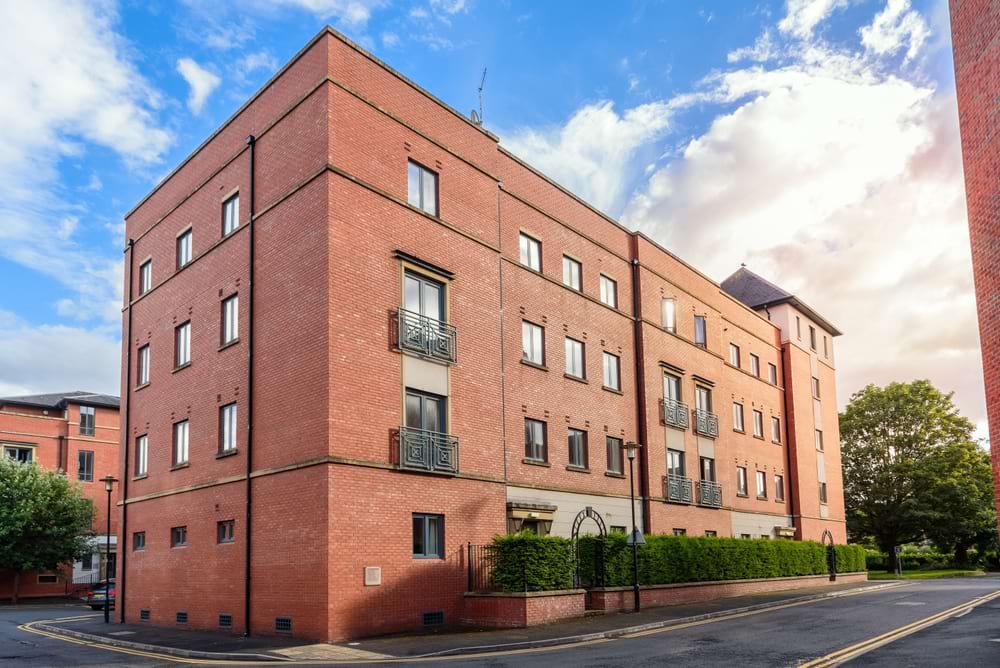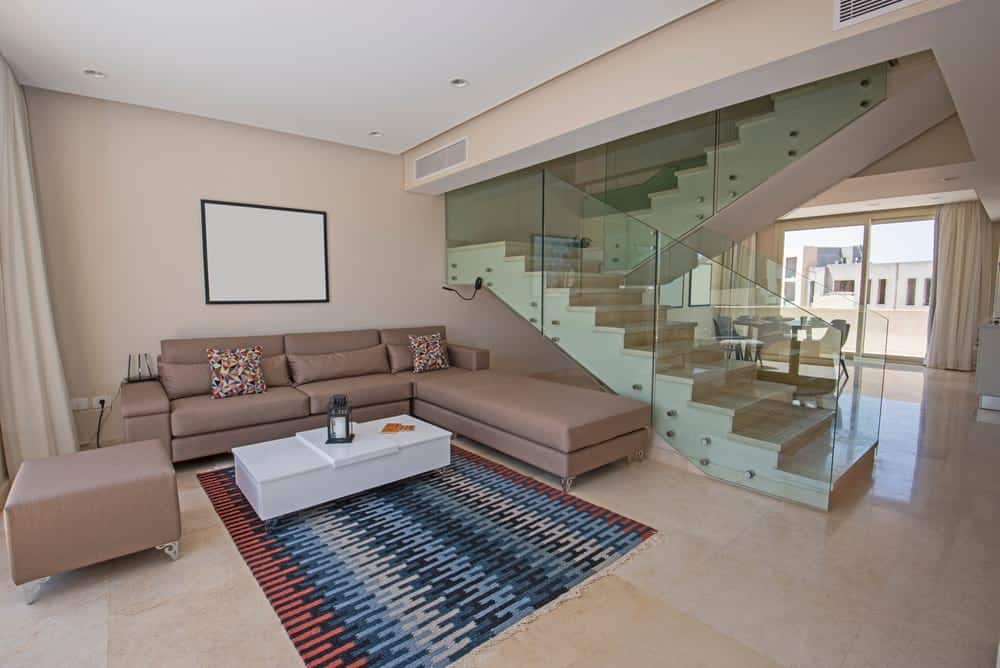Some aspects of owning a leasehold flat are confusing.
One of these is building insurance.
So, do you need it?
Read on to find out.
What is building insurance?
Building insurance is a type of insurance policy that covers a building’s structure, such as the:
- Walls
- Roof
- Stairs
- Floors.
It provides financial protection against building damage. This includes covering the total cost of rebuilding it.
This could be damage or loss caused by:
- Frozen and burst pipes
- Fire
- Floods
- Storms (including lightening strikes)
- Subsidence.
And much more.
Does building insurance cover contents of buildings?
No, building insurance doesn’t cover the contents of the building. A separate contents insurance policy is needed for these.
What is a leasehold flat?
A leasehold is a common type of property ownership used in flats. The leaseholder holds a long-term lease from the freeholder, who can be any of the following:
- A landlord
- Local authority
- Housing association
- Property management company.
The lease gives the leasehold owner the right to occupy the property for a specified period. This is typically between 99 and 125 years. The flat can be bought and sold during that term.
The freeholder owns the structure, common areas, and land. They are responsible for the repair and maintenance of these parts of the building.
Costs for leaseholders
During this time, the leasehold owner must paying ground rent to the landlord. They are also responsible for any repair and maintenance of the property.
When a lease is due to expire, the leaseholder has three options:
- Extend the lease
- Convert the leasehold to freehold
- Sell the property with a short lease.
Otherwise, the property will revert to the freeholder at end of the lease.
Do I need building insurance for a leasehold flat?
Building insurance is typically the responsibility of the freeholder, not individual leaseholders.
The freeholder can insure the entire development where the particular flat is.
The cost of the building insurance may be included in the ground rent. Or it may be charged separately depending on the individual flat and circumstances. This might be via a sinking fund.
This insurance will not usually cover the possessions of individual leaseholders. So, leaseholders must take out contents insurance to protect their belongings.
In some cases, a lease may require leaseholders use a named insurer. So, some freeholder have buildings insurance for the property. but there is no guarantee of this.
If the freeholder has not arranged for building insurance on the property, you will need to get your own.
In a multi-flat development (i.e., a tower block), it may be easier and cheaper to buy a policy with other leaseholders. This can be an ideal way to ensure that the entire building is insured with the same level of cover.
Advantages of building insurance on leasehold flats
Getting a mortgage
Most lenders will require that building insurance has been or is going to be taken out on the property before they agree to release the funds.
In the case of a leasehold flat, the lender may require that building insurance is arranged by either the freeholder or the leaseholder.
Damage cover
Getting insurance on a leasehold flat protects you financially should any damage occur. It could include damage due to fire, flooding, subsidence, burst pipes and more.
Problems such as these can be costly to repair out of pocket.
Advantages of arranging your own building insurance
Save money
Rather than paying an amount set by the freeholder based on their choice of insurer, leaseholders can shop around and find a better deal.
More control
When arranging your buildings cover, you have more control about what’s included, such as:
- Optional extras
- Buildings and contents insurance package.
Work together
Leaseholders responsible for their building insurance can team up with other leaseholders. This might help them secure a better deal.sted in getting a cash offer for your house.
